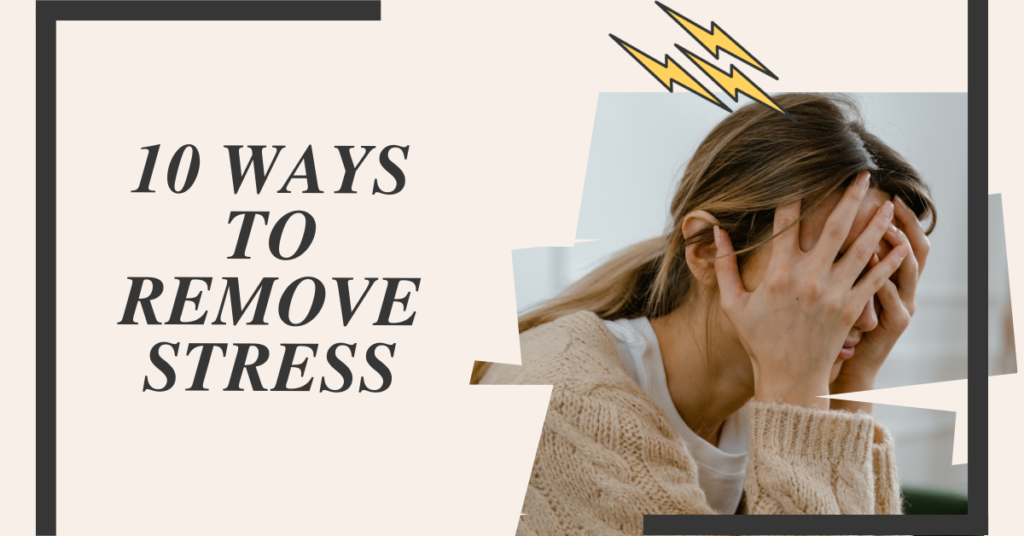
In today’s fast-paced world, stress has become an almost ubiquitous part of our lives. Whether it’s work-related pressure, personal issues, or the daily demands of modern living, stress can take a toll on our physical and mental health. Learning effective stress management techniques is not just a matter of comfort; it’s essential for our overall well-being. This article explores various stress management techniques and the profound impact they can have on our health.
Understanding Stress
Stress is a natural response to challenges and threats, often referred to as the “fight or flight” response. In moderation, stress can be beneficial, helping us stay alert and focused. However, chronic or excessive stress can lead to a wide range of health problems, including cardiovascular issues, weakened immune function, anxiety, depression, and more.
The Impact of Stress on Health
- Cardiovascular Health: Prolonged stress can lead to high blood pressure and increased heart rate, which are risk factors for heart disease. Chronic stress can also contribute to the development of atherosclerosis, a condition where arteries become clogged with fatty deposits.
- Immune System: Stress hormones can suppress the immune system’s function, making you more susceptible to infections and illnesses.
- Mental Health: Stress is a leading cause of anxiety and depression. Persistent stress can exacerbate existing mental health conditions and trigger the onset of new ones.
- Digestive Problems: Stress can cause or worsen digestive issues such as irritable bowel syndrome (IBS), acid reflux, and stomach ulcers.
- Weight Gain: Many people turn to comfort foods when stressed, leading to overeating and potential weight gain. Stress can also lead to the accumulation of abdominal fat, which is associated with health risks.
Stress Management Techniques
- Mindfulness Meditation: Mindfulness practices, including meditation, can help reduce stress by focusing your attention on the present moment. Regular meditation has been shown to lower cortisol levels, the primary stress hormone.
- Exercise: Physical activity is an effective stress buster. It releases endorphins, which are natural mood lifters, and can help you manage stress better.
- Deep Breathing: Deep, diaphragmatic breathing can trigger the body’s relaxation response and reduce stress. Breathing exercises can be done almost anywhere and anytime stress strikes.
- Yoga: Yoga combines physical postures with mindfulness and deep breathing, making it an excellent stress management technique. It can also improve flexibility and muscle strength.
- Progressive Muscle Relaxation: This technique involves systematically tensing and relaxing muscle groups to reduce physical tension and promote relaxation.
- Time Management: Effective time management can reduce stress related to deadlines and busy schedules. Prioritize tasks and delegate when possible to prevent overwhelm.
- Social Support: Talking to friends, family, or a mental health professional can provide emotional support and practical advice for coping with stress.
- Healthy Eating: A well-balanced diet can help your body better cope with stress. Avoid excessive caffeine and sugar, and focus on whole foods rich in nutrients.
- Sleep: Prioritize quality sleep, as it’s essential for stress recovery and overall health. Create a relaxing bedtime routine and ensure a comfortable sleep environment.
- Relaxation Techniques: Explore relaxation practices like aromatherapy, warm baths, or listening to soothing music to unwind and relieve stress.
Conclusion
Stress management is not a luxury but a necessity for maintaining good health and well-being. The impact of chronic stress on the body and mind is profound, but there are effective techniques that can help alleviate and prevent it. By incorporating these stress management strategies into your daily life, you can reduce the negative effects of stress, promote a healthier lifestyle, and enjoy a higher quality of life. Make stress management a priority, and your body and mind will thank you.